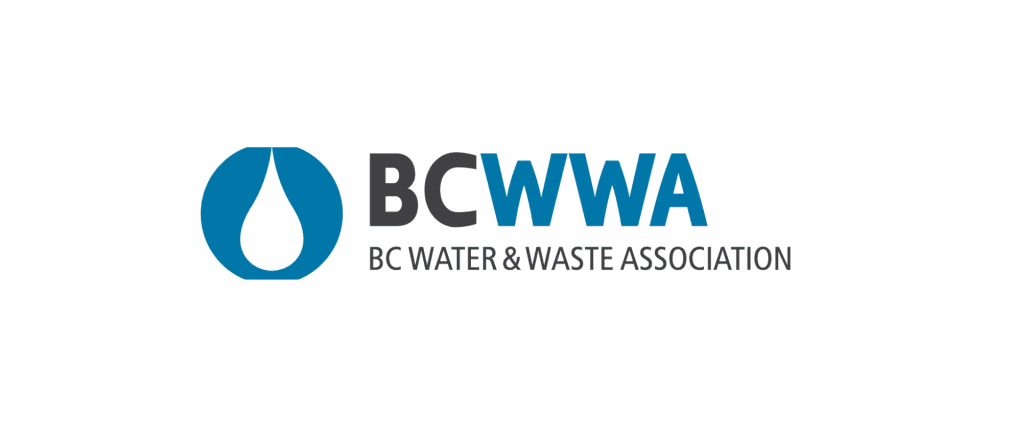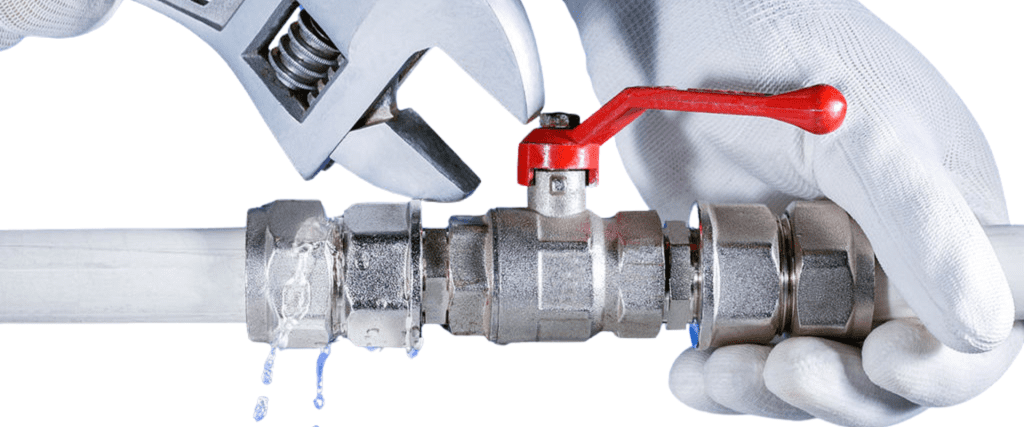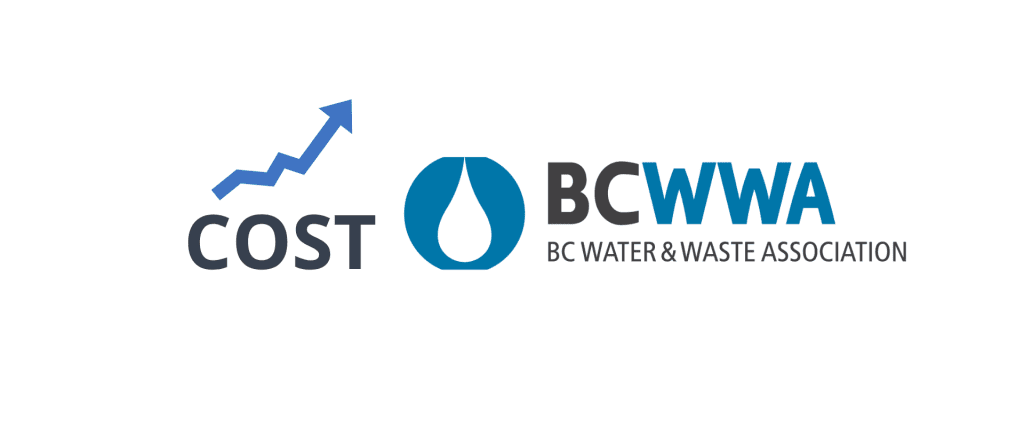Getting that dreaded letter from the City of Vancouver about backflow testing? You’re not alone. Every year, thousands of Vancouver property owners scramble to find a qualified backflow tester, and honestly, it can feel overwhelming when you don’t know what to look for.
Here’s the thing: not all backflow testers are created equal. Hiring the wrong person could leave you with invalid test results, wasted money, and potentially serious legal issues with the city. Let me walk you through exactly what you need to know to make the right choice.
What Makes a Backflow Tester “Qualified” in Vancouver?
To legally test backflow assemblies in Vancouver, a tester must be BCWWA (BC Water & Waste Association) certified. This isn’t just a nice-to-have – it’s a legal requirement that the City of Vancouver strictly enforces.
Vancouver requires that all backflow testing be completed by a certified BCWWA technician, and these same requirements apply across the province of British Columbia. The city’s BSI system will only accept reports from certified testers, and they must be submitted within 14 days of the test date.
The BCWWA Certification Process

BCWWA certification isn’t something you can get over a weekend. Certified backflow assembly testers must renew their certification each year, and many plumbers let their certification lapse, making them unqualified to submit tests to municipal water authorities.
Here’s what legitimate BCWWA certification involves:
- 5-day intensive training program covering cross-connection controls and backflow prevention
- Written examination administered by BCWWA
- Practical testing demonstrating hands-on skills
- Annual recertification to maintain active status
The training covers hydraulic principles, assembly testing procedures, and the latest safety protocols. It’s based on the AWWA Canadian Cross Connection Control Manual, so you know these folks have serious technical knowledge.
Red Flags: Warning Signs of Unqualified Testers
I’ve seen too many Vancouver property owners get burned by hiring the wrong person. Here are the warning signs that should make you run the other way:
1. They Can’t Provide Current BCWWA Certification
Ask to see their current BCWWA certificate. If they hesitate, make excuses, or show you something that’s expired, walk away. Many plumbers have had training in backflow assembly testing as part of their 3rd year plumbing education, but since most provinces require annual renewal, many let their certification lapse.
2. No WorkSafe BC Coverage
Legitimate backflow testing companies are insured and enrolled with WorkSafe BC. If they can’t provide proof of coverage, you could be liable if someone gets hurt on your property.
3. Prices That Seem Too Good to Be True
Professional backflow testing in Vancouver typically costs between $80-$150 per assembly, depending on complexity and location. If someone quotes you $40, there’s probably a reason – and it’s not a good one.
4. They Don’t Understand the BSI System
Any qualified Vancouver backflow tester should be familiar with the city’s BSI (Backflow Solutions Inc.) tracking system. If they don’t know how to submit reports digitally or mention still using paper forms, that’s a major red flag.
What to Look For in a Quality Backflow Tester

Current BCWWA Certification
This is non-negotiable. Ask for their certification number and verify it’s current. The BCWWA website features a lookup tool, although it’s not always updated in real-time.
Proper Insurance and Licensing
Look for:
- WorkSafe BC enrollment (they should provide their number)
- General liability insurance (minimum $2 million is standard)
- Valid business license for your municipality
Experience with Vancouver’s System
Your tester should:
- Know the BSI system inside and out
- Understand Vancouver’s specific requirements
- Have experience with your type of property (residential vs. commercial)
- Be able to file reports digitally within the 14-day deadline
Professional Equipment
Quality testers invest in professional-grade testing equipment. While you don’t need to be an expert, legitimate testers will have:
- Calibrated differential pressure gauges
- Proper test kits for different assembly types
- Clean, well-maintained equipment
Questions to Ask Before You Hire
Don’t hesitate to ask questions. A professional backflow tester should be happy to answer:
- “Can you show me your current BCWWA certification?”
- “What’s your WorkSafe BC number?”
- “How quickly can you file the report with the city?”
- “What happens if my assembly fails the test?”
- “Do you offer repair services or just testing?”
The Cost Factor: What You Should Expect to Pay

In Vancouver, professional backflow testing typically ranges from $80-$150 per assembly for residential properties. Commercial properties with complex systems may cost more.
Remember, you’re not just paying for the 15-minute test – you’re paying for:
- Professional certification and ongoing training
- Proper insurance coverage
- Quality equipment
- Accurate reporting
- Peace of mind
Where to Find Qualified BCWWA Testers in Vancouver
1. BCWWA Website
The BC Water & Waste Association maintains a directory of certified testers, though it’s not always completely up-to-date.
2. Local Plumbing Companies
Many established plumbing companies have BCWWA-certified technicians on staff. Just make sure to verify their certification is current.
3. Word of Mouth
Ask neighbors, property managers, or your strata council for recommendations. Vancouver’s backflow testing community is relatively small, so reputation matters.
4. Online Directories
Be cautious with online directories. Always verify credentials independently, regardless of where you find the tester.
What Happens After the Test?
A professional tester will:
- Complete the test using the proper procedures
- Provide you with a copy of the test results
- File the report with the city’s BSI system within 14 days
- Explain any issues found during testing
- Recommend repairs if the assembly fails
If your assembly fails, don’t panic. It’s pretty common, especially for older devices. A good tester will explain what needs to be fixed and can often recommend qualified repair technicians.
The Bottom Line
Choosing the right BCWWA-certified backflow tester in Vancouver doesn’t have to be complicated. Focus on current certification, proper insurance, and experience with Vancouver’s system. Yes, you might pay a bit more for a qualified professional, but it’s worth it for the peace of mind and legal protection.
Remember, this isn’t just about compliance – it’s about protecting Vancouver’s water supply. When you hire a qualified BCWWA-certified tester, you’re doing your part to keep our city’s water safe for everyone.
Need backflow testing done quickly? Start by verifying any potential tester’s BCWWA certification and WorkSafe BC coverage. Those two things alone will eliminate most of the unqualified operators and put you on the right track to finding someone who’ll do the job right the first time.
Have trouble with your backflow testing notice? A qualified BCWWA-certified tester can usually schedule your test within a few days and have your paperwork filed with the city before you know it. Don’t let that city deadline stress you out – just make sure you’re hiring someone who knows what they’re doing.
Author
-

James is a certified backflow specialist with over 20 years of hands-on experience in plumbing safety.
He’s passionate about educating homeowners and businesses on the importance of clean water systems.
James simplifies complex maintenance tips through clear, practical advice.
When he's not writing, you'll find him inspecting valves or training the next generation of backflow testers.

